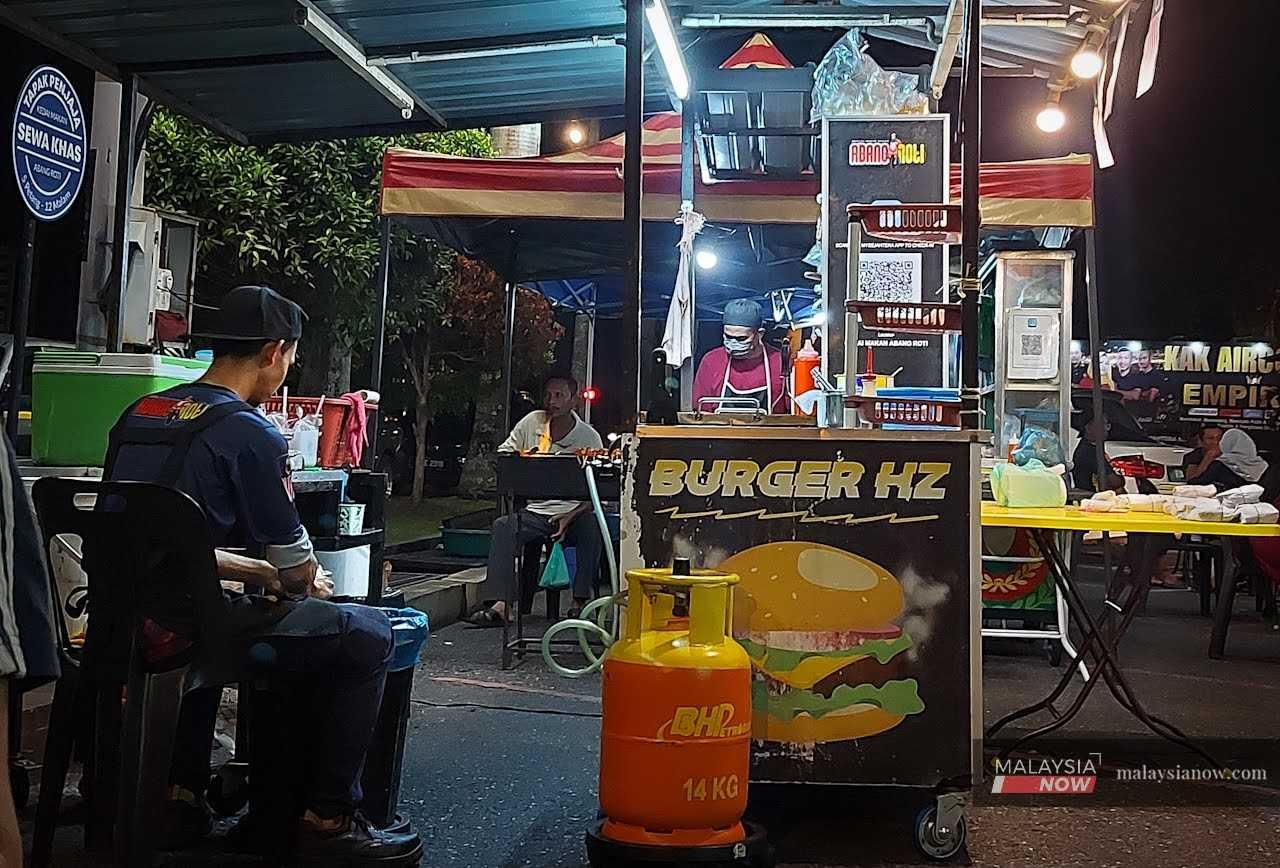Roadside burger stalls flounder as fast food giants join Menu Rahmah
They say they cannot compete with the cheaper meals offered by known industry players.
Just In
While the introduction of the Menu Rahmah programme earlier this year was intended to provide affordable meal options for those struggling with the cost of living, the participation of major industry players and restaurants has left small-time traders scrambling to deal with the competition.
Mohd Johar M Jaffar, who owns a western food restaurant in Sungai Buloh, Selangor, said his business had experienced a significant drop in terms of sales and customers.
"Now that the big players have joined in, people prefer what they have to offer because it is now cheaper than it used to be," he said.
"Meanwhile, petty traders like myself have no budget for marketing."
About 15,000 premises are estimated to have joined the Menu Rahmah initiative, launched by Domestic Trade and Cost of Living Minister Salahuddin Ayub.
They include known fast food brands such as McDonald's, Marrybrown, Burger King and A&W, which offer options such as a burger and a drink for RM5.
Nordin Mat, founder of the GTR Burger chain which has more than 300 outlets across the country, acknowledged that the Menu Rahmah meals offered by big brands had resulted in an unhealthy competition for street traders.
"Normally, whether their menus are a la carte or combo, they have a high profit margin," he said.
"For Menu Rahmah, though, they are willing to take losses but benefit in terms of marketing."
Nordin said his company had decided not to compete with the Menu Rahmah options offered by other fast food businesses.
"In fact, we will raise our prices if the cost of raw goods goes up," he added.
A trader selling burgers at a roadside stall in Shah Alam said such price spurts had caused many to watch their spending, resulting in a big drop in customers.
Declining to give his name, he said he would support targeted withdrawals from the Employees Provident Fund (EPF).
"Before this, when the government allowed EPF withdrawals, the cost of goods went up but people had purchasing power," he said.
"My sales stayed up and I could still absorb the increase in costs. But now, sales are really going down."
Johar, who also started out selling burgers by the side of the road, said that industry players who were already known and had good networks were also able to get raw goods in bulk at a cheaper price.
He himself has been unable to participate in the Menu Rahmah programme due to the high overhead costs and tight finances.
"I don't think Menu Rahmah will be able to last for more than three months, like what Mydin boss Ameer Ali Mydin recently said, if there is no change in the cost of raw goods," he said.
Subscribe to our newsletter
To be updated with all the latest news and analyses daily.
